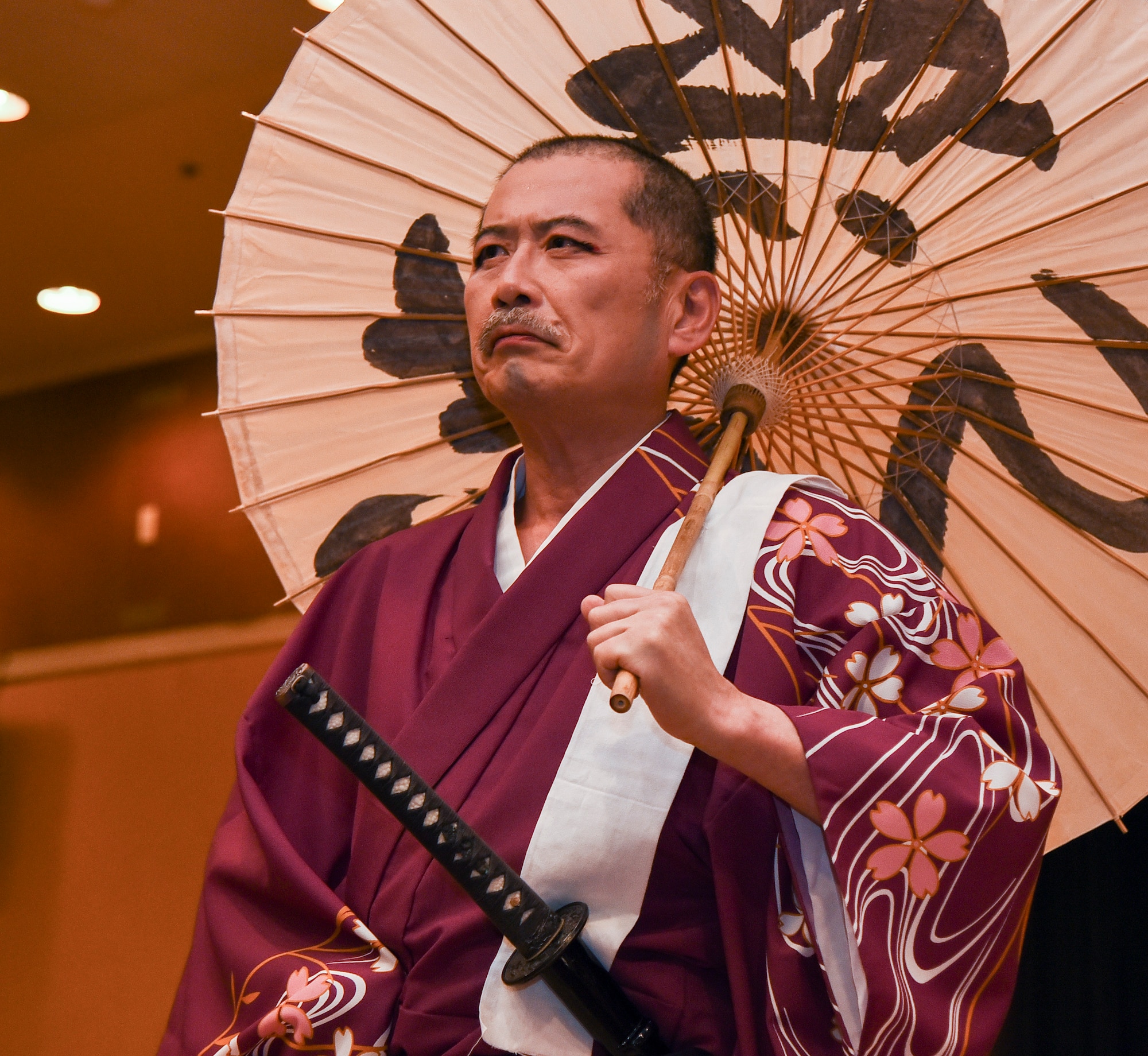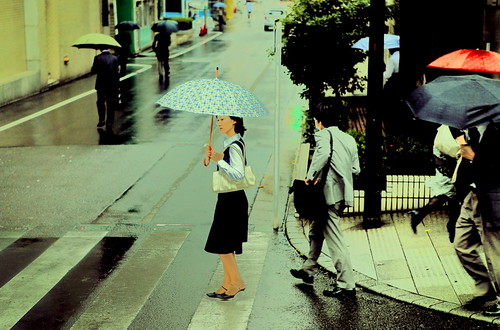Japan captivates travelers with its rich tapestry of culture, history, and traditions, and among its most remarkable features is the profound respect and discipline that permeates society. This article delves into the various ways Japan’s culture of respect and discipline is woven into daily life, inviting you to embrace it during your next adventure in this enchanting country.

**Respect for Others**
Upon arriving in Japan, one of the first impressions you’ll receive is the overwhelming politeness and courtesy of its people. Whether it’s the airport personnel, taxi drivers, shopkeepers, or even strangers on the street, you’ll be warmly welcomed with smiles and bows, treated with the utmost kindness, which reflects the Japanese value of harmony and their dedication to avoiding conflict through established social norms.
Some of the common ways that Japanese people show respect for others are:
– Using honorifics and formal language when addressing someone, especially someone older, higher in status, or unfamiliar. For example, adding -san, -sama, -kun, or -chan to someone’s name, or using keigo (polite speech) when speaking to a superior or a customer.
A quintessential aspect of Japanese etiquette is bowing, a gesture that conveys greetings, gratitude, apologies, or farewells. The depth and duration of the bow are significant, varying according to the context and the relationship between individuals, with a deeper, longer bow signifying greater respect and sincerity.
– Exchanging business cards with both hands and reading them carefully before putting them away. Business cards are considered an extension of one’s identity and should be treated with respect.
– Giving and receiving gifts with both hands and expressing gratitude. Gift-giving is an important part of Japanese culture and is done on various occasions, such as visiting someone’s home, celebrating a special event, or returning from a trip. Gifts should be wrapped nicely and not opened in front of the giver, unless they insist.
– Taking off shoes when entering someone’s home, a temple, a shrine, or some traditional restaurants and hotels. Shoes are considered dirty and should be left at the entrance, where slippers are usually provided. Different slippers may be used for different areas, such as the bathroom or the tatami (straw mat) room.
– Waiting in line patiently and quietly, without pushing or cutting in. Japanese people are very orderly and disciplined when it comes to queuing, whether it is for the train, the bus, the elevator, or the ATM. They also follow the rules of the road and the public transportation system, such as keeping to the left, not talking on the phone, and giving up seats to the elderly, the pregnant, or the disabled.

**Respect for the Environment**
Another way that Japanese people show respect and discipline is by taking care of their environment and keeping it clean and beautiful. Japan is known for its natural beauty and its four distinct seasons, which offer different scenery and activities throughout the year. Japanese people appreciate and celebrate nature, and they try to preserve and protect it for future generations.
Some of the ways that Japanese people show respect for the environment are:
– Sorting and recycling trash according to the rules and regulations of each municipality. Trash is usually divided into categories such as burnable, non-burnable, plastic, paper, glass, metal, and so on, and disposed of on designated days and locations. Some items, such as batteries, electronics, or large furniture, may require special disposal methods or fees.
– Carrying a reusable bag, bottle, or container when shopping or eating out. Japan has a culture of wrapping and packaging things, which can create a lot of waste. Many shops and restaurants have started to charge for plastic bags or offer discounts for bringing your own bag, bottle, or container, to encourage customers to reduce waste and save resources.
– Participating in community events such as cleaning the streets, the parks, the rivers, or the beaches. Japanese people take pride in their neighborhoods and their surroundings, and they often volunteer to clean and beautify them, especially before or after festivals or holidays.
– Planting and tending to flowers, trees, or gardens. Japan has a rich and diverse flora, and many Japanese people enjoy gardening or flower arranging as a hobby or a form of art. Flowers and plants are also used to decorate homes, offices, or public spaces, and to mark the changing of the seasons or the celebration of festivals.
**Respect for Oneself**
Japanese people show respect and discipline by taking care of themselves and striving for excellence in whatever they do. Japan is a country that has overcome many challenges and hardships in its history, and has achieved remarkable progress and innovation in various fields. Japanese people are known for their work ethic, their dedication, and their attention to detail, which are reflected in the quality and variety of their products and services.
Some of the ways that Japanese people show respect for oneself are:
– Wearing clean and appropriate clothes for different occasions and seasons. Japanese people dress well and follow the dress codes of their schools, workplaces, or social events. They also change their clothes according to the weather and the season, and wear special garments or accessories for festivals or ceremonies.
– Studying hard and pursuing lifelong learning. Japanese people value education and knowledge, and they spend a lot of time and effort on studying, from elementary school to university, and even after graduation. They also seek to learn new skills or hobbies, or to improve their existing ones, by taking classes, reading books, or watching videos.
– Working hard and being punctual, reliable, and responsible. Japanese people take their work seriously and try to do their best in their jobs, whether they are employees, managers, or entrepreneurs. They also respect their colleagues, their bosses, and their clients, and they honor their commitments and deadlines. They are usually very punctual and expect others to be the same.
– Eating healthy and staying fit. Japanese people have one of the longest life expectancies in the world, and one of the reasons is their healthy diet and lifestyle. They eat a balanced diet that includes rice, fish, vegetables, fruits, soy products, and green tea, and they avoid overeating or wasting food. They also exercise regularly, either by walking, cycling, jogging, or joining a gym or a sports club.

**How to Experience Japan’s Culture of Respect and Discipline**
If you’re eager to immerse yourself in Japan’s culture of respect and discipline, we’ve compiled some practical tips and suggestions to enhance your travel experience.
– Learn some basic Japanese phrases and words, such as hello (konnichiwa), thank you (arigatou), excuse me (sumimasen), and sorry (gomen nasai). Use them when you interact with Japanese people, and they will appreciate your effort and respond kindly.
Make it a priority to observe and adhere to Japan’s social etiquette, being mindful not to offend or disturb anyone during your interactions. When unsure, don’t hesitate to seek assistance or simply mimic the behavior of those around you for guidance.
Keep an open mind and a curious spirit, striving to learn as much as possible about Japan’s vibrant culture and storied history. Visit iconic landmarks, museums, temples, and shrines, and participate in local festivals or events to deepen your understanding.
Savor the delectable and varied food and drink offerings that Japan is renowned for, all while respecting the customs associated with dining. Remember to say ‘itadakimasu’ before your meal and ‘kanpai’ when raising a toast with others to honor these traditions.
Take time to appreciate Japan’s stunning natural beauty and the changing seasons, showing reverence for the environment and its wildlife. Simple acts like refraining from littering, not disturbing animals, and avoiding the picking of flowers contribute to preserving Japan’s beauty for future generations.
– Have fun and make some friends, and respect yourself and your limits. For example, do not drink too much, do not stay up too late, and do not overwork yourself.

The culture of respect and discipline in Japan is a significant reason behind the admiration and affection many feel for this remarkable country, often compelling travelers to return time and again. By embracing and practicing the rules and etiquette of Japan, you’ll not only enjoy a smoother and more enjoyable journey but also forge a deeper, more meaningful connection with its people and culture.
Related posts:
The respect and discipline in Japan may be second to none
Etiquette in Japan – Are there many rules? | Asia Highlights
Are the Japanese respectful? – Japan Nihon




